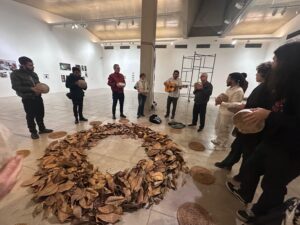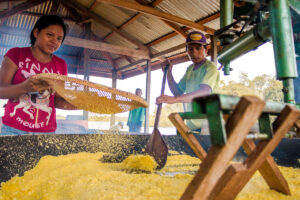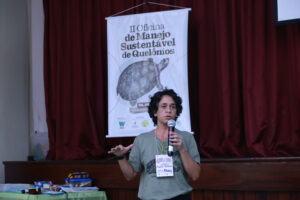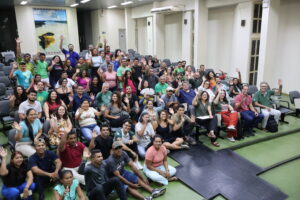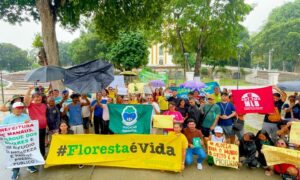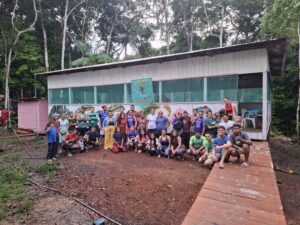Researcher João Campos-Silva, from Instituto Juruá, local leaders and partners in the area are co-creating a concept of socio-bioeconomy, with an approach that integrates social, economic and environmental aspects, which are fundamental for the sustainable development of the Amazon.
By Júlia Franzoi and João Vitor Campos-Silva
Translated by Bruna Favaro
Through a scholarship from a project funded by Fulbright, researcher João Vitor Campos-Silva from Instituto Juruá, will spend two months at Indiana University under the supervision of Eduardo Brondízio, Professor in the Department of Anthropology at Indiana University – IU (Bloomington, IN, USA), to carry out research on the application of sociobioeconomics in the Amazon.
When asked about the topic of sociobioeconomy, Campos-Silva (also known as JB) explains:
The concept
“Bioeconomy emerges as a transformative force in the Amazon, and initiatives that promote bioeconomic perspectives for sustainable development are emerging as promising opportunities to guarantee a more balanced and prosperous future for this essential biome. However, the term “Bioeconomy” encompasses different concepts and can generate different interpretations. The dominant concepts consider the term “bioeconomy” as the use of advanced technologies applied to natural resource products. Others consider the bioeconomy as the development of value chains based on biodiversity, such as açaí, cocoa, guaraná and other products. There is also the perspective of bioecology, in which ecological processes can catalyze productivity, sustaining ecosystem services, such as agroforestry models.
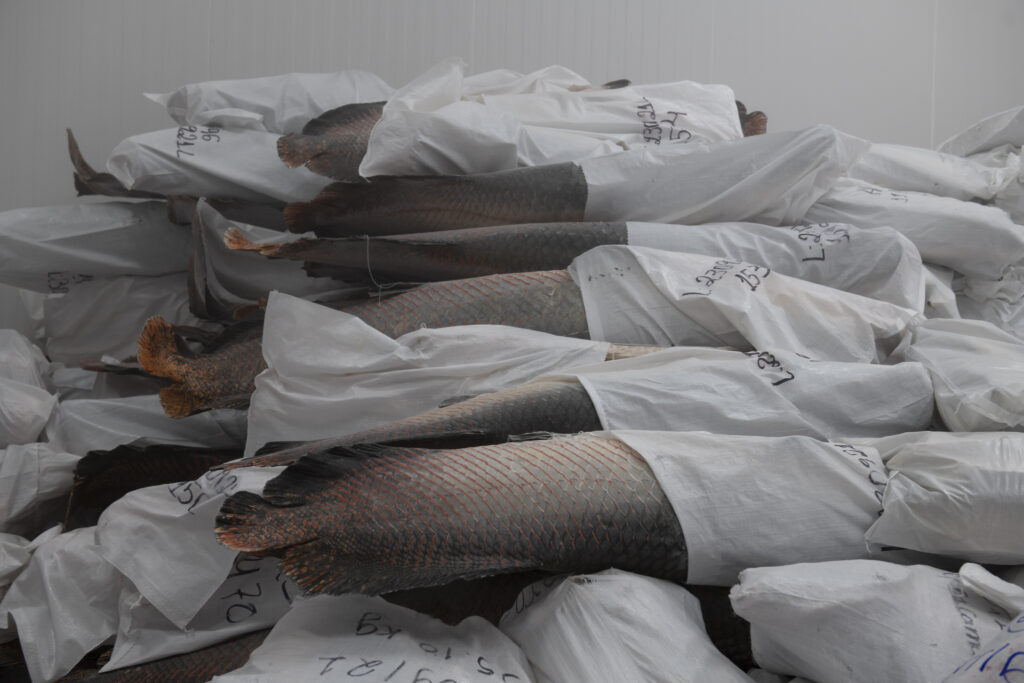
Regardless of the concept used, there is no clarity on (i) the role of indigenous peoples and local communities in these arrangements, (ii) how benefits and costs will be distributed, especially for traditional peoples, and (iii) how bioeconomy projects can truly guarantee the protection of biodiversity. Therefore, the creation of a new concept of Amazonian Bioeconomy that takes into account cultural diversity, cosmologies, epistemologies, social dynamics and conservation needs is imperative for the future of the region.
Sociobioeconomy is an approach that integrates social, economic and environmental aspects, being fundamental for the sustainable development of the Amazon. By promoting the responsible use of natural resources, it offers economic alternatives that value local biodiversity without compromising ecosystems. This is crucial for preserving forest areas and maintaining environmental aspects, such as climate regulation and water conservation, which are essential both for the region and the planet. In this context, socio-bioeconomics plays a key role in reconciling conservation and development.
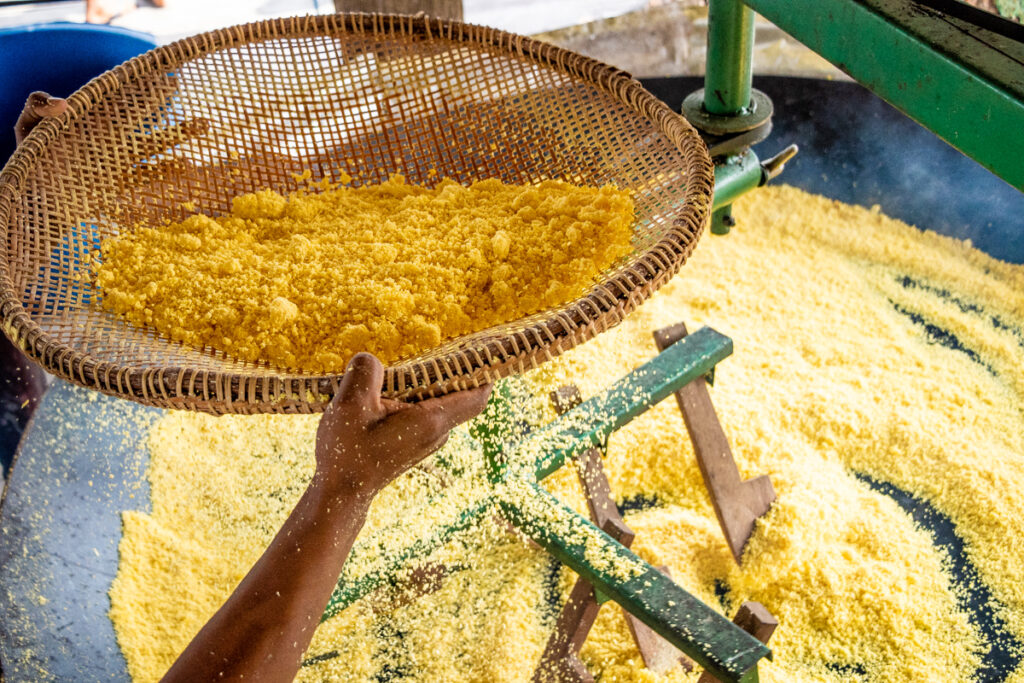
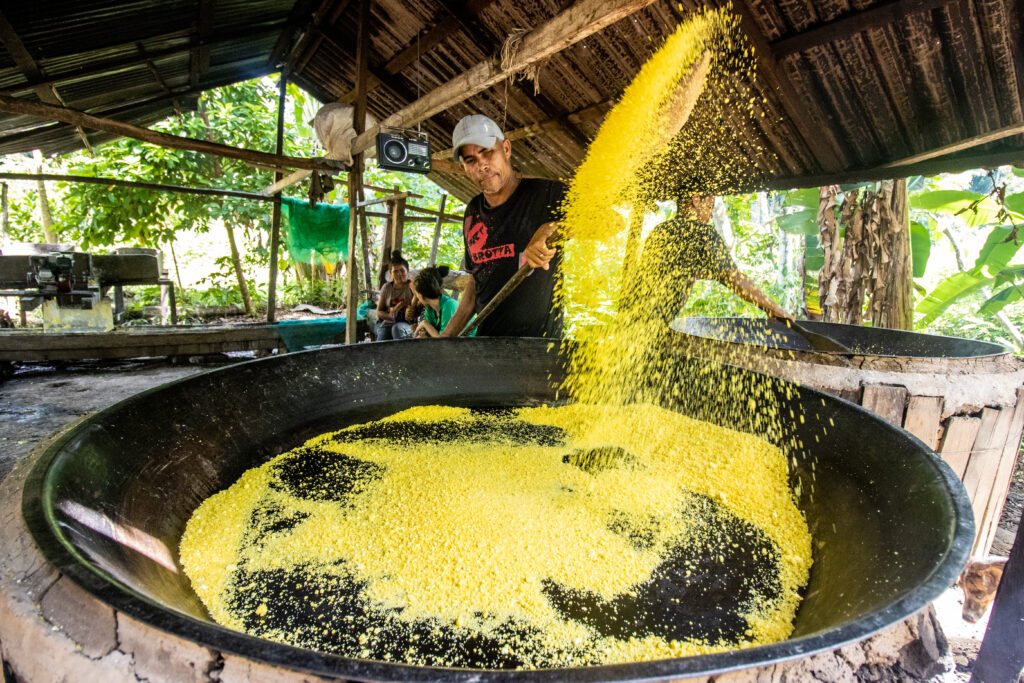
Another important aspect of the socio-bioeconomy in the Amazon is its potential to improve the quality of life of local communities. By valuing traditional knowledge and supporting sustainable practices, it offers opportunities to generate income through activities such as the sustainable management of non-timber forest products (such as açaí, nuts and medicinal plants). This strengthens the autonomy of indigenous and riverside populations, ensuring that they can participate in production chains that respect their cultures and territories, while helping to conserve the forest.
Furthermore, sociobioeconomy can significantly contribute to the mitigation of climate change, as it promotes economic models that do not depend on forest destruction, such as agroecology and ecotourism. These activities help capture carbon and keep the forest standing, while diversifying local economies and reducing pressure on forest areas. In this way, sociobioeconomy represents a viable alternative for the sustainable development of the Amazon, balancing the conservation of natural resources with the social and economic well-being of the populations that depend on the forest.” (João Vitor Campos-Silva)
The project
In this project, Campos-Silva and Brondízio will carefully analyze the costs and benefits observed in the arapaima value chain — one of the best consolidated chains in the Amazon — aiming to generate subsidies for strengthening sociobiodiversity value chains.
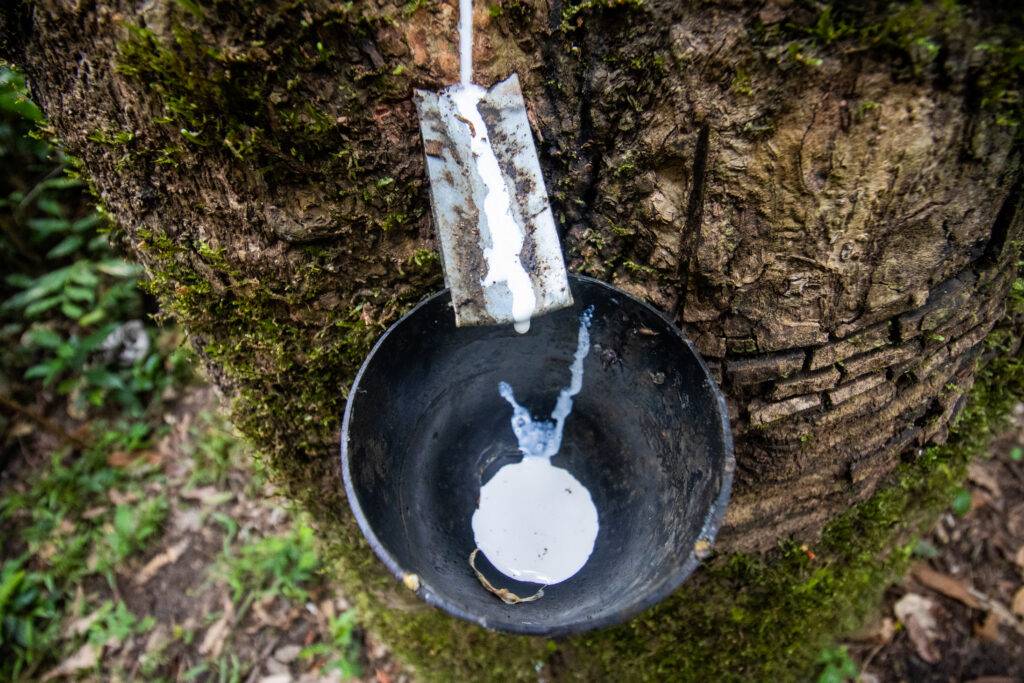
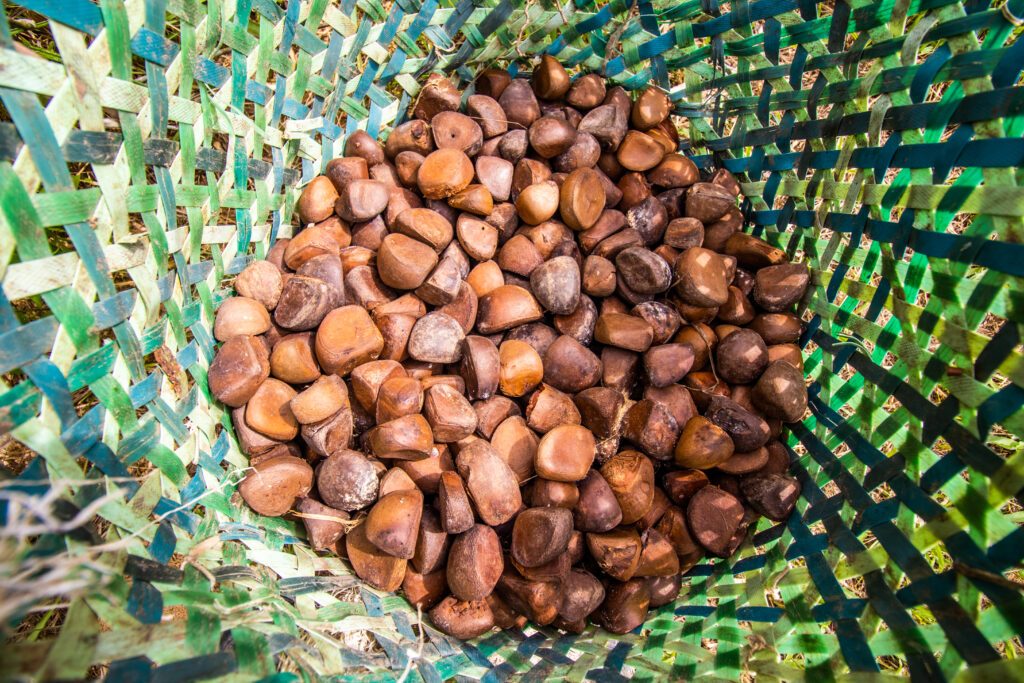
The researchers, in partnership with more than 100 local leaders, activists and other researchers, will also co-produce an Amazonian concept for sociobioeconomy based on the social aspirations and voices of local territories, in addition to social cultural, economic and institutional aspects that are important to guarantee the right of people in bioeconomy arrangements.

